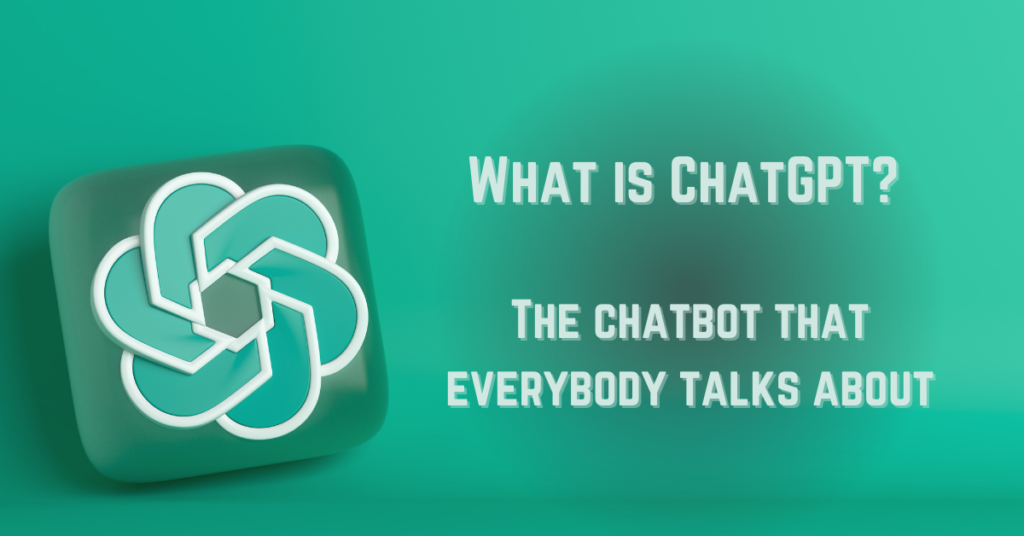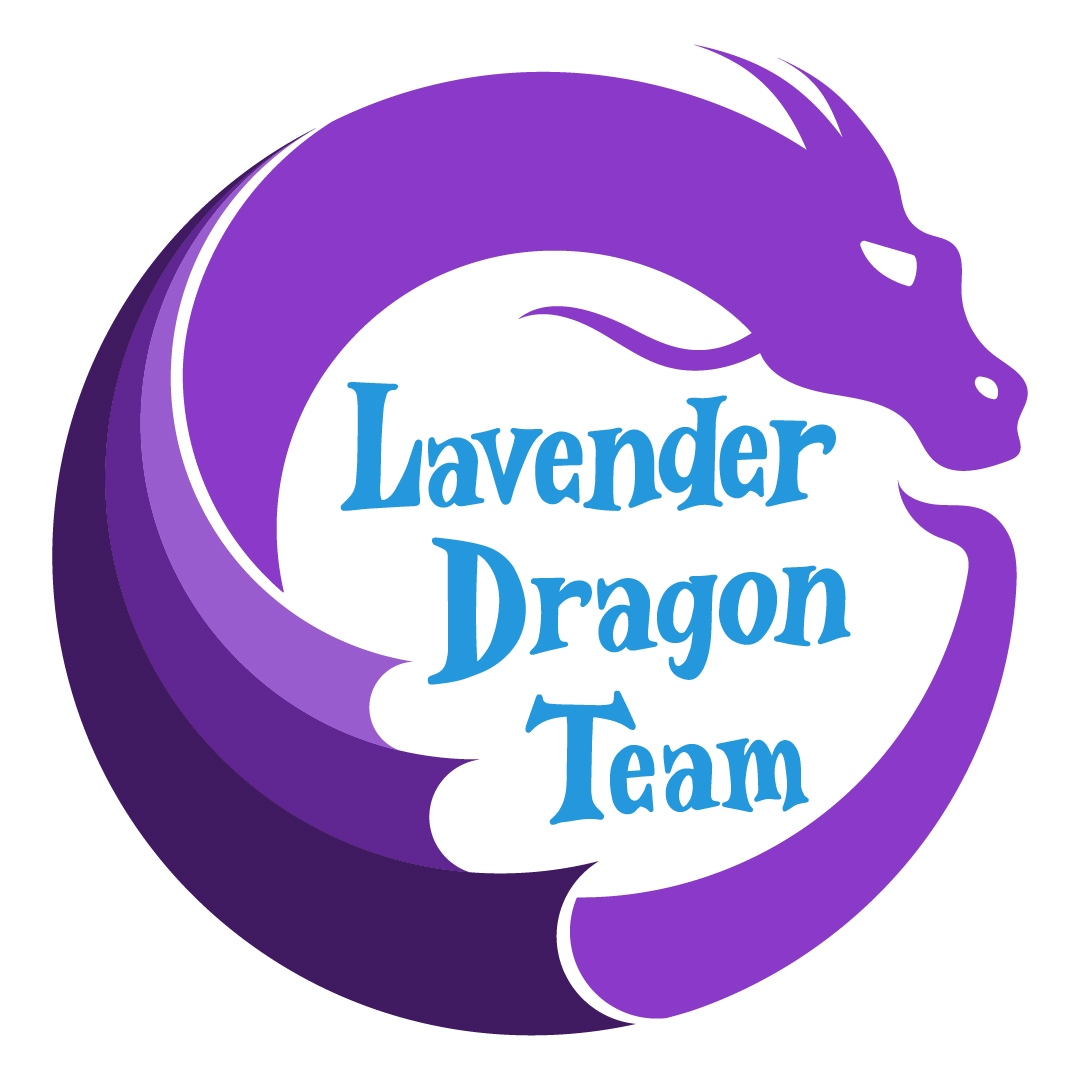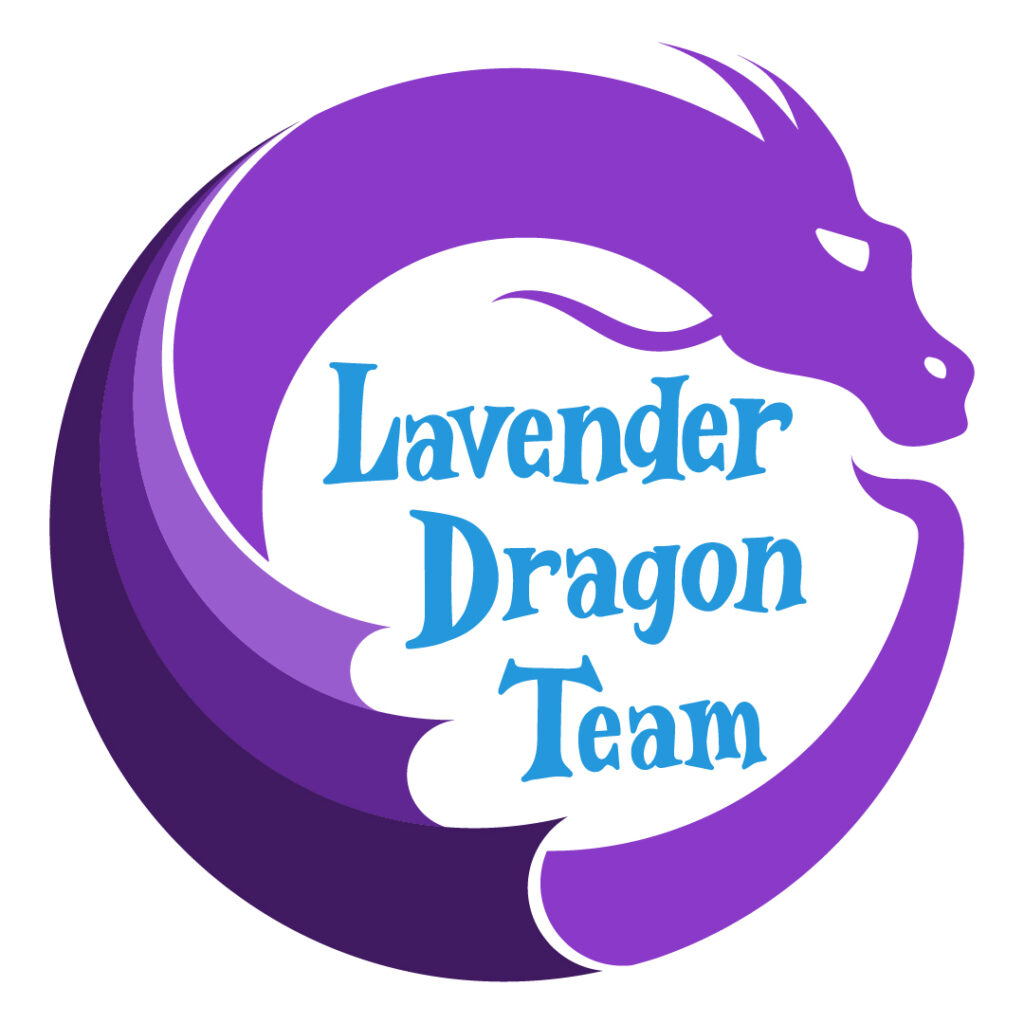
Introduction
The advent of technology has given us numerous interesting inventions ranging from devices with speech recognition to electric-powered cars. However, recently, there has been a massive buzz regarding this certain gen generative pre-training transformer (GPT) language model called ChatGPT. Discussions revolving around how this tool is revolutionary or a danger to the academe has been on social media for days.
Before we dive deep into the discussion, let us first know what ChatGPT is.
What is ChatGPT?
OpenAI developed ChatGPT, a language model chatbot that generates human-like responses. It anticipates the next word in a series based on previous words, training it to produce text. The chatbot response is surprisingly comparable to how a human writes. A big dataset of human conversations enabled the training of ChatGPT to generate human-like responses.
OpenAI specifically designed ChatGPT to produce text suitable for chatbot applications, such as conversational agents and customer care bots
How to use ChatGPT?
ChatGPT is easy to use. You just have to visit their website and create an OpenAI account. As of the moment, there is a free version. According to reports, the developers need to monetize it since the cost of operating the chatbot was expensive. Hence, the release of ChatGPT Plus, which is a $20/month subscription to the chatbot’s premium services.
After you’ve created the account, you just create a new conversation, then write whatever question is in your mind in the space provided. The bot will immediately answer your questions. If you weren’t satisfied with the answer the bot came up with, you have the option to regenerate another response. You can also try using smarter prompts to get better answers.
What is it for?
I might go with the bandwagon and say that ChatGPT is revolutionary. There seem to be endless opportunities with this language model. Based on the few times that I have tried it, the responses are pretty accurate. Moreover, the model can determine if they only have a few data with your question or are unsure about it.
Chatbots like this can be maximized for the development of other chatbots that can have better human-like responses. Chatbots that have the same caliber as ChatGPT can serve multiple purposes such as customer service, online tutoring, language translation, social media moderation, and many others, by transforming them for specific use cases. The potential is present, and it is up to the developers to optimize it.
The Limits of ChatGPT
Even though this language model is impressive, of course, it will have its limitations. For instance, ChatGPT is only as good as the data it was trained on. If you have a question and it is not included in the scope of information that it contains, then the generated answers will be inaccurate and even worse, senseless.
Chatbots like ChatGPT can also struggle with context. While ChatGPT is excellent at producing text that is suitable for use in chatbot applications, it may find it challenging to remember the context or to maintain a consistent dialogue with a user for an extended period.
Implications of ChatGPT
The first implication is its potential uses of course which are already mentioned above. Moreover, there are numerous opportunities for industries to automate some of their operations. Using ChatGPT and comparable models, one can build chatbots capable of performing tasks previously done by people.
With its development, some ethical considerations and negative implications also arise. For instance, the unregulated ChatGPT and other similar models can trigger issues regarding bias, privacy, or cheating. As technology advances and becomes more prevalent which we cannot halt, it will be crucial to take these concerns into account.
Will it help students cheat?
This particular issue—cheating—especially in an academic setting has been open ever since ChatGPT has been popular. It is a valid concern in the field. A student might utilize a ChatGPT-powered chatbot to create essays or responses to their homework queries.
However, it is crucial to remember that using ChatGPT or other language models in this manner would not be a moral or honest way to finish tasks or tests, and it could have severe repercussions for the student if detected. In addition, I’m confident that professors and instructors can easily distinguish between submissions generated by a bot and those written by students. Instead of using a powerful tool for cheating, such as letting it do all the work. It can be used alternatively by having it reinforce students in creating a better piece or for brainstorming. We have written a blog about how AI can be integrated into education.
ChatGPT vs. Google
There are some sentiments regarding how ChatGPT and Google are quite similar. I’d say that although ChatGPT and Google both work in the technology sector and their capabilities overlap to some extent, they are not directly comparable. While Google is a firm that offers a wide range of goods and services, including a search engine, ChatGPT is a program that is used to generate text.
If you asked a question on ChatGPT, it would give you a direct response, paragraphs curated to answer questions whereas Google will provide results from numerous websites where you can locate the answer to the question you asked.
The future of ChatGPT
Determining the future of ChatGPT is difficult, maybe we can ask the chatbot about it. From how I see it as a current student, ChatGPT paves the way for the development of many similar models that are even better at generating human-like responses. These models are likely to get better and stronger over time as more data becomes accessible and as new methods for training them are created.
I also predict a future where there is a wider adoption of these technologies in different industries. Firms and organizations are likely to implement these technologies especially when they become more powerful and easier to use.
Of course, there should always be caution in using ChatGPT and other language models similar to it. We should always consider the ethical considerations that the usage of these technologies entails to ensure that they are utilized in a manner that is responsible and non-harmful.

